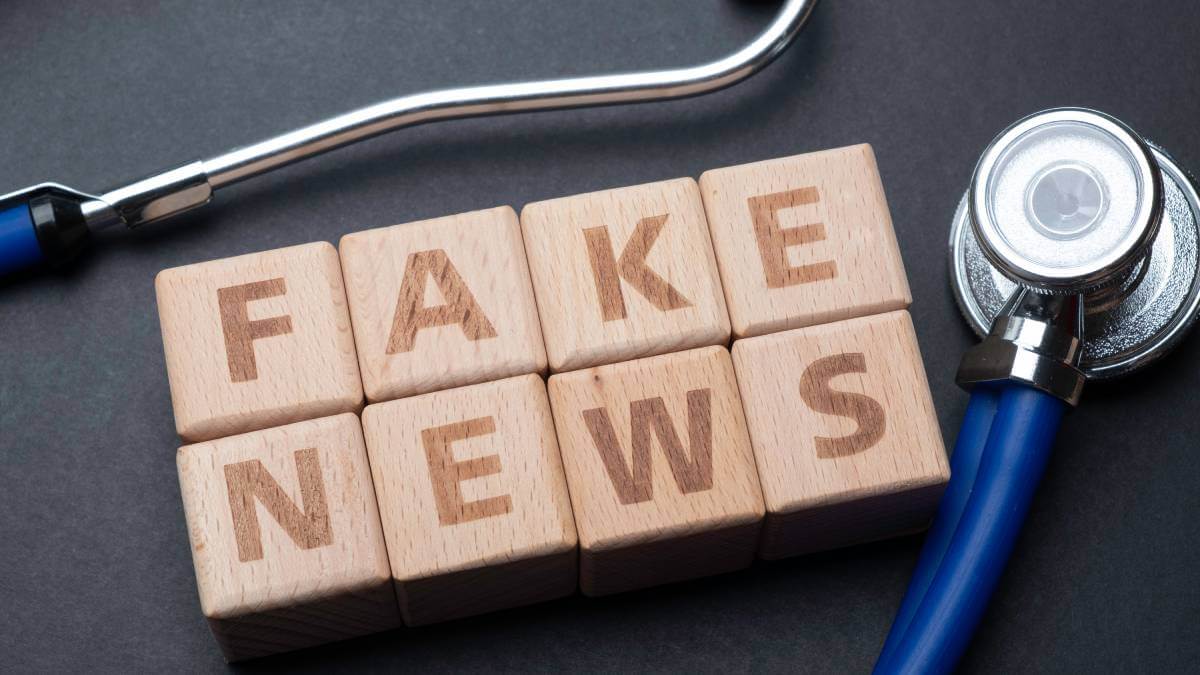Fake, misleading and unsubstantiated claims about wellness products make my blood boil.
Perhaps there’s a tablet I can take that will ‘help’ with that. One that will ‘boost’ my resistance to high blood pressure and ‘support’ my mental health. Maybe there’s one that will ‘aid’ in ‘balancing’ my gut health.
I’m not saying there’s anything wrong with the jargon. If it’s used by qualified health professionals and medical scientists to make a clear point, that’s a good thing. It’s when such words are co-opted for use in marketing and advertising that my blood pressure goes through the roof.
‘Clinically tested’ sounds very scientific – and it is. But if the label you’re reading says ‘clinically tested’ and nothing else, is that helpful? The product may indeed have been clinically tested, but what were the results? Did the product ‘pass’ the test?
‘Detoxing’ sounds scientific, too. But it is far less so. The term ‘detoxification’ does mean the removal of dangerous, often life-threatening, levels of alcohol, drugs or poisons from your body. But this process usually involves drugs and/or other therapies and will take place in a hospital.
This was probably shortened to the medical jargon ‘detox’ by health professionals in general usage simply because it’s easier. But it’s not a term you’ll find in a peer-reviewed scientific paper. You will, however, find it in many ads and other marketing material. After all, why would you not want to detox?
Where’s the evidence supporting medical jargon?
You’ll often see ‘detox’ used in promoting diets or colonic irrigations, but the evidence of its effectiveness is paper thin. And we’re talking toilet paper thin here, not scientific paper.
Even the effectiveness of the word ‘detox’ is probably wearing thin for marketing purposes these days. No doubt some new, equally scientific sounding medical jargon will replace it, bringing with it equally dubious claims.
A century ago, the term used to describe users of deliberately misleading medical jargon to sell ‘cures’ was ‘snake oil salesman’. Most older people today would know the meaning of the term.
Snake oil as a supposed cure-all may have arisen from its usage by Chinese railway labourers in the mid-19th century. Oil from Chinese water snakes were used for centuries in Chinese traditional medicine to treat joint pain. One bright American, Clark Stanley, took its reputation a step further. He claimed to have learnt the secrets of snake oil when staying with a Hopi medicine man at Walpi, Arizona.
Clark Stanley’s Snake Oil Liniment took the US by storm, selling in huge numbers based on those claims. In those days, the 1880s and `90s, there was little in the way of regulation for such products. That changed in 1906 with the introduction of the 1906 Pure Food and Drug Act. Ten years later, Stanley’s snake oil was found by health officials to be of no medical value. Mr Stanley was fined $20, which was no doubt only a tiny fraction of what his liniment had earned him.
The more things change …
Has much changed today in the world of medical jargon? Essentially not. The terms evolve, but the motivation is the same – sales of products that offer hope to people struggling with a medical or wellness problems. The product may not work, but the marketing technique does.
Alberta University research chair Timothy Caulfield has been following such trends for decades. “They put a ‘sciency’ term in there and that’s what we remember. We remember the ‘sciency’ term or the reference to science and not how that might actually connect to the product.”
The words “give a veneer of legitimacy to the product, but the real science isn’t there”, Professor Caulfield says.
What about in Australia?
Australia does have regulations and guidelines on the use of some words. The TGA’s Assessed Listed Medicines Evidence Guidelines provide some examples. It says: “Terms such as ‘clinically’ and ‘scientifically’ in combination with ‘proven’, ‘tested’, ‘trialled’, etc., are not appropriate unless supported by unequivocal data from robust clinical trials on the product.”
But many products will sail very close to the wind with the medical jargon used by its marketers. The best thing we can do as consumers is read the label and the fine print. Some might suggest you ‘do your own research’. However, the pandemic has demonstrated that approach can lead some to arrive at very dubious conclusions.
The simple answer remains the best. Discuss what’s best for you and your wellness with your GP, your pharmacist or other qualified health professional.
Are you drawn in by marketing claims? What supposed ‘wellness’ products have you tried without success? Let us know in the comments section below.
Also read: Can nature medicine ever replace prescriptions or supplements?
Health disclaimer: This article contains general information about health issues and is not advice. For health advice, consult your medical practitioner.


What is a worthwhile read is the book “Trick or Treatment” by Singh and Ernst. It is available on Kindle or maybe find a copy in a second hand books store.
It explores the snake oil industry and many dubious treatment regimes. Including the value of the placebo. (As an aside, the placebo industry is big business as the placebo “medication” must be able to produce any side effects, adverse or other wise, of the treatment or medication being trialled.)
The book “The real Anthony Fauci” by Robert F Kennedy does explore the too often inadequate testing of new pharmaceuticals before being placed on the market.
Read them and consider and make up your own mind while staying calm and rational.